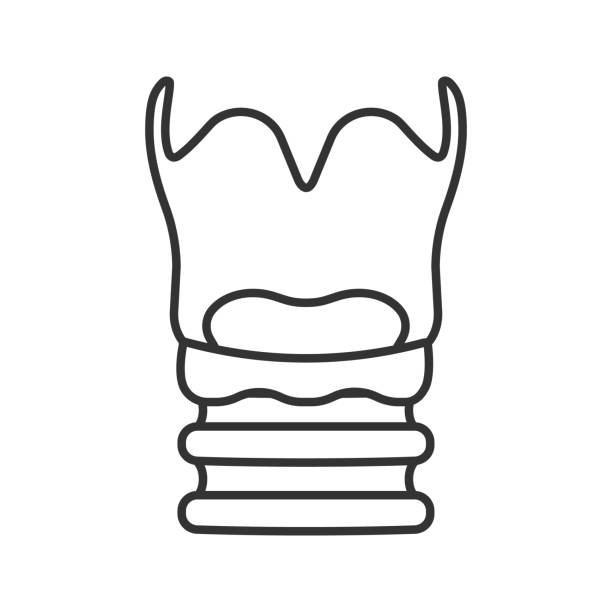
Aspiration
Aspiration occurs when food, liquid, saliva or stomach contents enter the airway instead of the esophagus. Aspiration can lead to potential breathing and lung problems. In children, aspiration can be caused by a variety of issues including neurological conditions, developmental delays, structural abnormalities of the airway or swallowing disorders. In some children, aspiration can be silent and not associated with obvious signs. In other children, symptoms of aspiration may include cough, choking or gagging during meals. Recurring pneumonia, wheezing, a wet-sounding voice after eating or drinking and poor weight gain can also be signs of chronic aspiration.
When aspiration is suspected, referral to our specialists at ENT for Kids can help. Our providers will perform a thorough evaluation and workup to determine the cause and severity. This often includes a modified barium swallow study (MBSS) or a fiberoptic endoscopic evaluation of swallowing (FEES), both of which allows our specialists to watch how your child swallows different textures of food and liquid. These tests help identify whether material is entering the airway and if so, when it happens during the swallow. In some cases, additional imaging or evaluation of the airway under anesthesia (laryngoscopy and bronchoscopy) may be indicated.
Our otolaryngologists at ENT for Kids specialize in care for children with aspiration. If problems like laryngeal clefts or vocal cord dysfunction are found, our physicians may recommend surgical correction or other procedures to improve airway protection. They may also work closely with speech and language pathologists, who provide feeding and swallowing therapy to help your child learn safer ways to eat and drink.
Management of aspiration depends on the cause and may involve changes to your child’s diet (such as thickened liquids), feeding therapy, medication for reflux or surgical interventions in more complex cases. With the right treatment plan, many children can improve significantly and avoid long-term complications. If your child shows signs of aspiration or has frequent respiratory issues, speak with your pediatrician or reach out to our team at ENT for Kids to arrange a consultation.